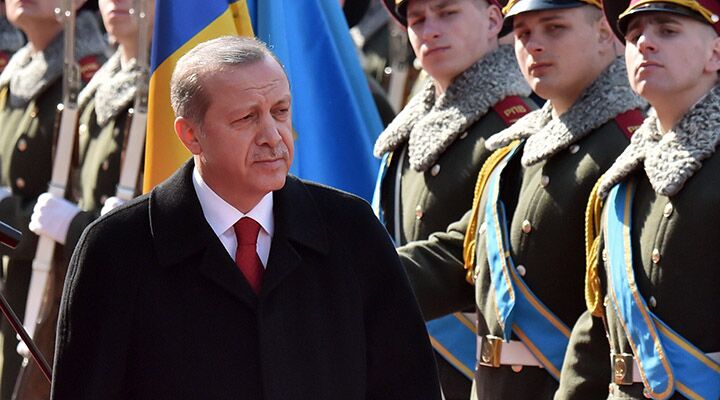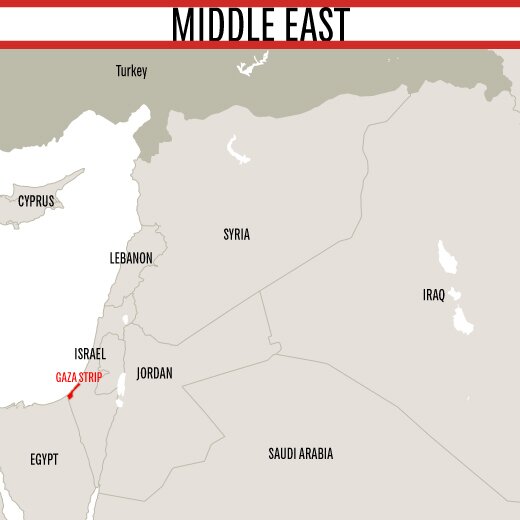
Turkey: The Hamas Safe Haven
The long, bitter chill in relations between Turkey and Israel may be coming to an end. At the end of August, it was confirmed that the two former allies held secret talks in Rome two months earlier in an effort to bridge the gap between them.
Israeli Foreign Ministry director general Dore Gold, who led the Israeli delegation at the secret meeting, told the Jerusalem Post that he was “hopeful that in the not too distant future Israel and Turkey will find a way to reestablish their relationship.”
The relationship between Ankara and Jerusalem turned bitter in 2010 when a Turkish-flagged flotilla tried to break through Israel’s naval blockade of the Gaza Strip, established to prevent weapons from reaching Hamas terrorists. During a highly controversial raid of the ship by Israeli military forces, a number of passengers on the boat were killed. Since that time, subsequent investigations into the incident have continued to sour relations.
That is, until now.
As to whether the relationship would improve, Gold said, “I think countries ultimately operate according to their interest, and I think Turkey and Israel do have important converging interests.”
However, before Israelis sit down to share a piece of baklava with the Turks, one major outstanding issue would need to be resolved: Turkey’s warm relationship with Hamas.

Hamas is a dangerous organization on the terrorist list of the United States, the European Union and other countries, operating in the Gaza Strip. Iran has funded the group’s leadership over the enclave and in return enjoyed having a paramilitary force on Israel’s border and access to the Mediterranean Sea.
However, when the Hamas-Iran symbiosis started to diminish because of the Syrian civil war, Turkish Prime Minister Recep Tayyip Erdoğan recognized an opportunity. He reached out to Hamas, providing it with funding and hosting high-level meetings with its political bureau chief, Khaled Mashaal. The Hamas head has met more with Erdoğan over the past two years than with any other head of state.
Turkey also now provides safe haven for other Hamas leaders, some with Israeli blood on their hands. One such is Salah al-Arouri, who used to live in Ramalah as one of the founders of Hamas’s military wing in the West Bank. Arouri was caught by Israeli authorities, jailed for three years, and then deported in 2010. After a brief stint in Damascus, he moved to Turkey to set up what Al-Monitor has called “Turkey’s Hamas bureau.” From Turkey, Arouri is believed to have ordered the abduction and murder of the three youths in June 2014, which precipitated the latest Gaza war.
Shouldn’t these facts give Israeli leaders pause about reviving an alliance with Turkey?
Yet some have even speculated that Turkey’s relationship with Hamas could eventually lead to peace between Israel and the Palestinians. Biblical prophecy, history, and plain common sense show just how unlikely that is. Instead, Turkey’s relationship with Hamas, as well as with other Sunni states in the Middle East, will actually lead to a military confrontation with the State of Israel. To understand the prophetic dimensions of this, read “Hamas Fulfills Bible Prophecy.”
